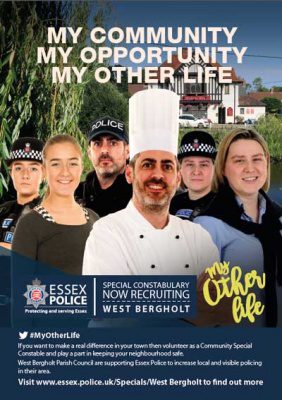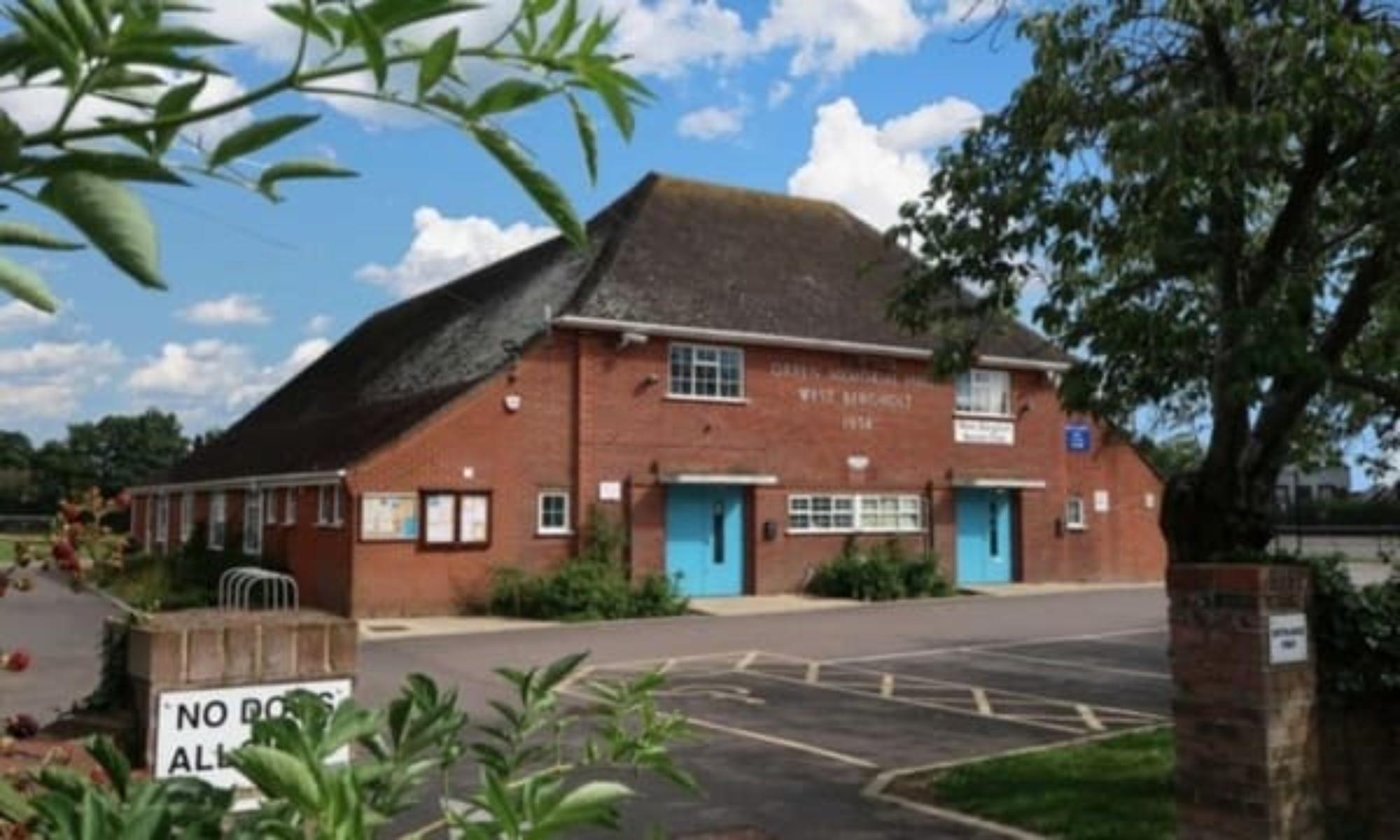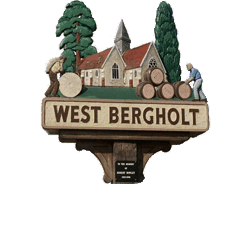Time to Become a Community Special Constable?
Spike did and he doesn’t regret using it as a Special Constable:

The parish has a low crime rate but does suffer from occasional antisocial behaviour and parking issues, along with sporadic rural crime. West Bergholt Parish Council are supporting Essex Police to increase local and visible policing in their area.
Community Special Constables are more focussed than Special Constables, they dedicate their voluntary service to the area that matters most to them – their town or parish. In return, the local council will pay the allowances and expenses of their officers and they’ll have a say in the issues that their local Specials deal with.
If you already know you are interested then apply online:
What Are Community Specials?
Community Special Constables will:
- Integrate into a Community Policing Team
- Start and end their duty as close to their community as possible.
- Spend the majority of their time within the council area’s neighbourhoods.
- Be visible and accessible in local communities on uniformed patrol.
- Help address local issues and priorities as informed by the local council and police intelligence-led tasking.
- Patrol hot spots identified through intelligence or which have been deemed to be priority areas.
- Respond to police-related incidents within the council area.
- Engage with local communities and support further recruitment of Specials.
- Attend suitable local council meetings where available to do so.
- Have regard to the Council’s aims and objectives in their voluntary service.
Community Special Constables have the same training as regular officers and will have to complete the same accreditation. Once they’ve got independent patrol status, then they can really get committed to their local communities.
More detailed FAQs
- What is a Special Constable?
- So why is a Community Special Constable different?
- This sounds like a big commitment, I’m not sure I’ve got the time.
- How long do I have to sign up for?
- Can I join if I have criminal conviction or are there any other circumstances that would prevent me from joining?
- Are there any age restrictions?
- What are the medical requirements?
- What does the training involve?
- What does the application process involve?
- I’m really keen to apply, what do I do next?
What is a Special Constable?
Special Constables are volunteer Police Officers. They have the same police powers, uniforms and equipment as regular Police Officers but sacrifice their free time on a voluntary basis, organising their busy personal lives, day jobs and other commitments around police duties. They do not get paid but are reimbursed for expenses.
Special Constables are subject to the same Code of Ethics and Standards of Professional Behaviour as regular officers, whether on or off duty.
Being a Special Constable is a privilege and bestows significant powers and responsibilities; a volunteer Police Officer has the same powers as a paid Police Officer and that carries with it the same expectations in terms of standards and public service.
So why is a Community Special Constable different?
It’s not different per se. As a Community Special Constable (CSC) though, you will spend the majority of your time working within your chosen parish or town council area. You’ll form close working relationships with the parish or town council and local community groups. You’ll focus on the issues and concerns affecting that community. All of the following answers relate to CSC’s as well as ‘general’ Special Constables.
This sounds like a big commitment, I’m not sure I’ve got the time.
You’ll be surprised. Essex Police ask their Special Constables to give a minimum of sixteen operational hours each month. As volunteers, you can do these hours when they suit you, although we do ask CSC’s work around identified issues in their parish where they can.
A study in August 2019 showed that in the UK, the average adult spends three hours and 25 minutes on their phone every day – 52 minutes of which is spent on social media. Perhaps finding four hours per week might not be that difficult.
How long do I have to sign up for?
There is no ‘minimum service requirement’ but please think carefully about your circumstances before you join. For example, if you plan a big lifestyle change in the next few months, it’s probably best to wait until you are settled before you commit.
Can I join if I have criminal conviction or are there any other circumstances that would prevent me from joining.
You must not have a criminal record although some minor offences may not exclude you.
Applicants who have received cautions, reprimands, formal warnings and final warnings will not be considered until a full five years from the date of the sanction.
Some occupations where you already have a statutory power or appointments such as local councillor are barred. If you think you may be in this category, it’s best to speak to The Specials Recruiting Team (01245 491491) before you start your application.
Other circumstances that may bar you from joining are that you must not:
- Omit to declare any offences or ‘spent’ convictions
- Be registered bankrupt, subject to CCJs or IVAs
- Have defaulted accounts.
Are there any age restrictions?
The minimum age is 18. There is no upper age limit although you must be able to pass the initial medical and subsequent annual police fitness test.
What are the medical requirements?
To meet our required medical and fitness standards you should have a BMI range of 18-30. And be able to complete 5.4 on the Bleep Test. However, as part of the application process you will have a full medical where you will be individually assessed.
Due to this role being front-line and public facing, it is recommended that you have been well, without medication for stress, anxiety or depression for a period of time before you apply. Again, you will be individually assessed.
Please also visit https://www.gov.uk/government/publications/national-recruitment-standards-medical-standards-for-police-recruitment for detailed information on medical standards including which illnesses, injuries and disorders will affect your ability to perform the role of a police officer – these also apply to Specials.
What does the training involve?
To become a Special Constable, you must undertake 15 days of classroom based training before you can be attested. (Receive your Warrant Card)
We currently offer two types of training sessions:
- Intensive – Monday to Friday for three weeks
- Alternate Weekends – Every other Saturday and Sunday for 8 weeks
Please note that availability for each course may vary depending on the number of applicants. You must be available to attend every day of the course. Once you have attested and received your warrant card, you’ll be posted to the police station in the district where you live where you will work through a portfolio with Special and Regular tutors. Depending on your availability, this stage can take up to 18 months to complete. Once it is complete, you will be signed off as suitable for independent patrol. So don’t worry, you won’t just be given a uniform and left to it. You will be coached and supported every step of the way until you are ready.
What does the application process involve?
You will be invited to an assessment centre where you will complete a fitness test (level 5.4 on a 15m bleep test), competency based interview (based on the Policing Professional Framework) and four written exams. You will find out your results within two weeks from the date of attendance.
There are many online resources detailing the Policing Professional Framework and guides to Competency Based Interviews.
I’m really keen to apply, what do I do next?
Before you apply, you need to make sure you are eligible. If you are still not sure, you can contact The Specials Recruitment Team (01245 491491) to discuss individual circumstances.
If you are eligible, complete the initial application so we can invite you to the next stages.
AT THIS STAGE, CSC APPLICANTS ARE ASKED TO SELECT WHICH PARISH OR TOWN COUNCIL THEY WANT TO WORK WITH.
Apply on line;

